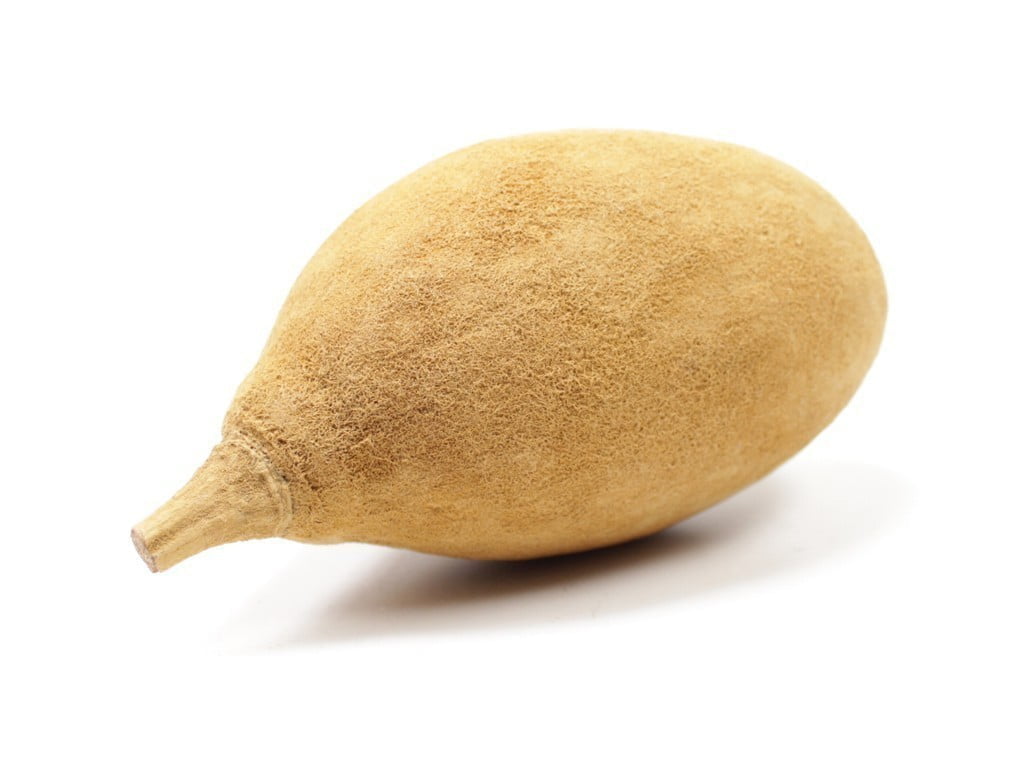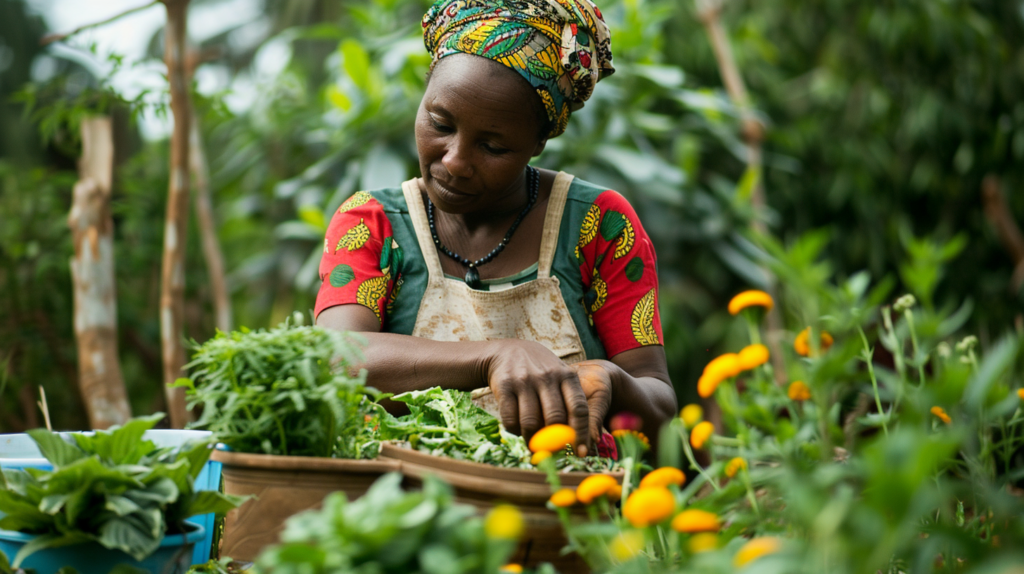The old continent of Africa is unique in that it has a wide variety of traditions in terms of traditional herbal medicine. The herbal medicine system’s role in many communities’ health facilities is significant. This is why these cultures, rich in traditions, use this floral biodiversity as their primary variable.
However, there is also the growing threat of climate change, which challenges the sustainability and effectiveness of African herbal medicine. The concern is that climate change’s complexity on this old way of thinking and living is not well understood. Therefore, this article explores the diverse ways climate change affects traditional self-care practices and the things that need to be put in place to protect them.
The Vital Role of Biodiversity
With its rich flora, Africa contains numerous plant species used as remedies in traditional herbal medicine to treat various ailments. From the baobab tree of West Africa to the rooibos of South Africa, these natural assets form the vision stick on which the healthcare of hundreds of millions relies. These medicinal plants served as a connection between African society and nature, making the knowledge being passed from generation to generation a solid testament to the engagement between the two.

Baobab seed oil
BAOBAB OIL, COLD PRESSED is gaining increasing popularity thanks to its regenerative properties. It’s ideal for daily hair and skin care.
Climate Change: A Growing Threat
Global warming, as the cause of climate change, is highly related to deforestation and pollution. Nature is slowly decaying by these activities. More and more often, the globe is affected by unpredictable climate patterns, rendered with increased temperatures, disrupted rainy seasons, and severe weather events like droughts and floods. These biotic changes drive variations in plant growth and quality, which are detrimental to medicinal plant use.
Disruption of Ecosystems
With the advent of climate change, many plant species are threatened due to the modification or devastation of their habitats. Heat or lack of precipitation can cause plant varieties to migrate away from their traditional range, grow slower at specific periods, and develop flowers otherwise than they used to. The loss of biodiversity has dire consequences not only for the survival of these species but also for their pharmacological values. The delicate equilibrium that comes from the array of compounds in these plants, which is why these plants are healing, can be affected by climate change, which may make these plants less effective than before.
Loss of Traditional Knowledge
Dwindling biodiversity and fading traditional knowledge, the twins of climate change. Such medicinal plants are becoming rare and extinct specific species, so the cultural heritage worked with them is also in peril. Those transferring more technical knowledge and actions and holding this wisdom are having an increasingly difficult time teaching those to the younger ones, as the referable examples of such approach and knowledge move away.
Adaptation and Resilience
Despite all these obstacles and adversities, African communities and researchers work hard to find solutions and ensure. The impoverishment of endangered plant species and their habitats is being combated by expanding conservation methods. Additionally, there has been a rise in the ecological approach to wild plant collection that supports the preservation of natural habitats while harvesting these medicinal species.
Integrating Traditional and Modern Knowledge
Promising in this approach is the integration of traditional herbal medicine with advanced medical research. Through analytical methods, this collaboration helps to prove the importance of using effective ingredients in herbal medicine and can promote acceptance along the way. In addition, this might bring about the development of new medicinal products and courses of treatment. Researchers are also studying alternative methods to cultivate these medicinal plants, ensuring that wild populations are not exploited. Still, the implication of climatic changes is taken into consideration.
Conclusion
African herbal medicine is facing the tough blow of climate change; now is the time to unite on this concern and launch bold steps to stop it. The effort to protect the continent’s rich biodiversity and the traditional knowledge of its people not only helps ensure the sustainability of herbal medicines but also the broader objective of environmental and global health, which focuses on harmonizing the relationship between humans and nature. Henceforth, African communities’ communal power and indomitable resolve, along with mutual endeavours in research and conservation, are paramount in overcoming these challenges and safeguarding the traditional medicine plant in the wake of climate change.
References
Ozioma, E. O. J., & Chinwe, O. A. N. (2019). Herbal medicines in African traditional medicine. Herbal medicine, 10, 191-214.
Sharma, M., Thakur, R., Sharma, M., Sharma, A. K., & Sharma, A. K. (2020). Changing scenario of medicinal plants diversity concerning climate change: a review.
Sintayehu, D. W. (2018). Impact of climate change on biodiversity and associated vital ecosystem services in Africa: a systematic review. Ecosystem health and sustainability, 4(9), 225-239.


